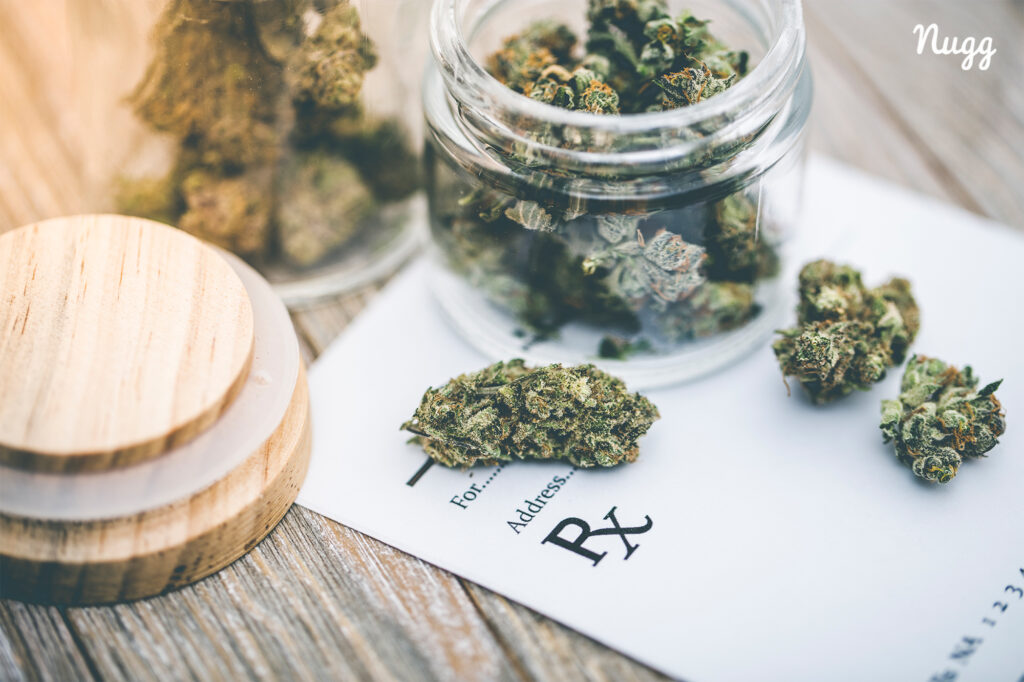
Osteoporosis is a condition that develops due to decreases in bone mineral density and mass. This can lead to brittle bones that can easily break or fracture. Because bones are always changing, individuals can be at risk of developing this condition if their bones aren’t building themselves up properly or able to handle a reasonable amount of stress.
In the United States, it’s estimated that 10 million people over the age of 50 have this condition, with age being one of the most significant factors for symptom onset. Gender is another factor that should be noted, as women who have gone through menopause are more likely to develop this condition.
Osteoporosis can be improved by improving bone strength and being intentional about diet and lifestyle. However, strengthening your bones can require lots of work, and the desired results may not always be possible.
Individuals with osteoporosis will most likely develop fractures from daily activities or things they were previously able to do, so it can be frustrating to see the effects of this condition.
There are different degrees of osteoporosis, so some people will have more severe symptoms than others. Everyone with this condition has a unique experience, so it’s important to remember that every situation is different, and a lot of variety exists when it comes to osteoporosis.
If you’re worried about osteoporosis, know that there are some preventative options you can consider. Being proactive is a great way to reduce your chances of developing this condition and improve your bone health. Speaking with your doctor can be a great way to get some personalized recommendations and discuss what you can do to improve your bone health.
What Causes Osteoporosis?
There isn’t one sole cause of osteoporosis. Instead, many different risk factors can affect a person's bone health and regeneration.
Some risk factors include:
- Age
- Genetics
- Race
- Diet and Lifestyle
- Hormone levels
- Low calcium
- Certain steroids
Some conditions can increase someone’s likelihood of developing this condition. These medical diagnoses include:
Osteoporosis Signs & Symptoms
Osteoporosis has no symptoms, so it’s often called a “silent disease.” It may only be detected when a bone is broken. If you think you may be developing this condition, it's important to contact a medical professional and share your concerns.
Can Cannabis Can Help Support Bone Health?

If you have osteoporosis or believe you may be at risk for developing it, you’re probably wondering about your preventative options. Many people think about calcium supplements and adjusting their diets when it comes to this condition, but individuals may also look toward cannabis as an option.
The endocannabinoid system has been recognized for its role in bone growth and mass, which may indicate that cannabinoids also play a role in bone formation and healing. The CB2 receptor demonstrates the most substantial potential for the role of cannabinoids in helping enhance bone growth.1
There are conflicting research findings about whether or not cannabis has a significant impact on bone health, with some studies indicating that chronic use of high-THC cannabis may lead to lower bone mineral density that subsequently results in an increased risk of fractures.2
However, animal studies have found that CBD and CBG are considered to have excellent potential for bone health and healing, as well as the potential to relieve pain associated with bone fractures.3 While more clinical research is needed, it’s an option worth exploring.
Legality and Doctor’s Recommendation
To determine if your state considers osteoporosis to be a qualifying condition for medical marijuana, check out our Laws & Regulations section for the medical cannabis rules for your state.
If you find that your state recognizes osteoporosis or its symptoms as a qualifying medical condition, you can seek a doctor’s recommendation to get your medical cannabis card in your state.
How NuggMD Can Help

NuggMD is the nation's leading medical marijuana technology platform, serving patients in more than half the states in the U.S. We’ve connected over 2,000,000 patients with their new medical marijuana doctors face-to-face via our state-of-the-art telemedicine platform.
We believe that every human being has the right to explore the benefits of medical cannabis and are fully committed to helping each patient explore all of their options in their journey to wellness. For further information on whether you qualify for medical cannabis, select your state.
Frequently Asked Questions About Cannabis & Osteoporosis
Osteoporosis can be difficult to cope with, especially in more severe cases. Many people have questions about this diagnosis, so let’s go over some common queries and their answers.
Does weed make you weaker?
There is minimal evidence that suggests cannabis can weaken bones. The current amount of evidence is not substantial and very limited in its sample size.2
Are there studies examining cannabinoids and bone regeneration?
Yes, studies have examined this topic. While there is a definite need for more research, the current studies are sufficient to make some claims backed by evidence.1,3
What does smoking weed do to your bones?
We do not have enough research to say with certainty what long-term impact smoking cannabis can have on a person's bone health.
Resources
- Ehrenkranz J, Levine MA. Bones and Joints: The Effects of Cannabinoids on the Skeleton. The Journal of clinical endocrinology and metabolism. 2019;104(10):4683-4694. doi:https://doi.org/10.1210/jc.2019-00665
- Sophocleous A, Robertson R, Ferreira NB, McKenzie J, Fraser WD, Ralston SH. Heavy Cannabis Use Is Associated With Low Bone Mineral Density and an Increased Risk of Fractures. Am J Med. 2017;130(2):214-221. doi:10.1016/j.amjmed.2016.07.034
- Khajuria DK, Karuppagounder V, Nowak I, et al. Cannabidiol and Cannabigerol, Nonpsychotropic Cannabinoids, as Analgesics that Effectively Manage Bone Fracture Pain and Promote Healing in Mice. Journal of Bone and Mineral Research. 2023;38(11). doi:https://doi.org/10.1002/jbmr.4902
The information in this article and any included images or charts are for educational purposes only. This information is neither a substitute for, nor does it replace, professional legal advice or medical advice, diagnosis, or treatment. If you have any concerns or questions about laws, regulations, or your health, you should always consult with an attorney, physician or other licensed professional.

